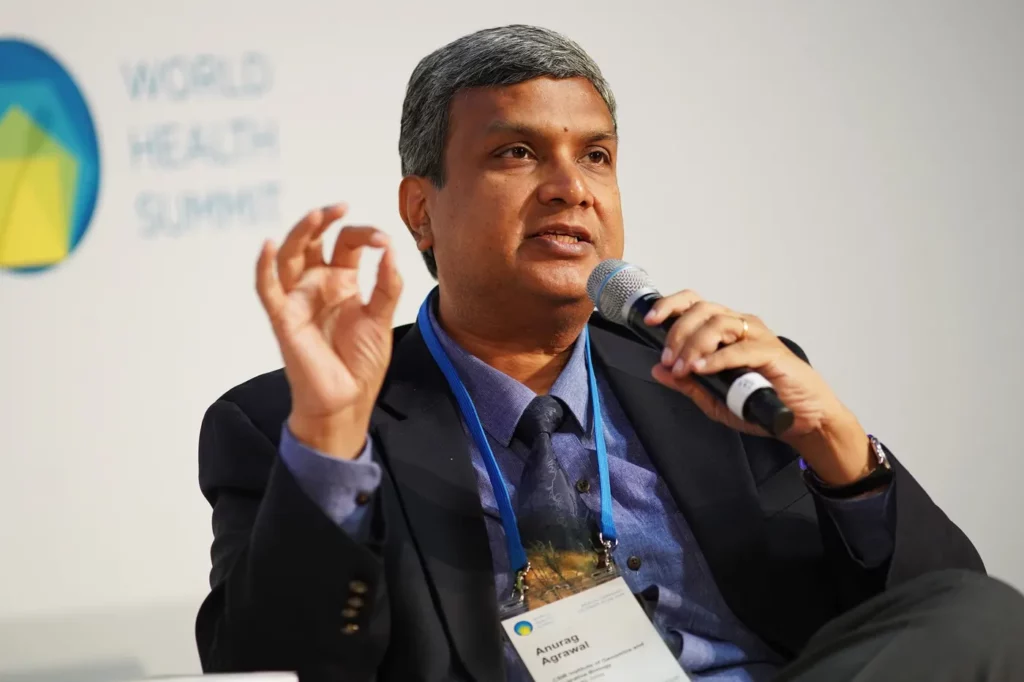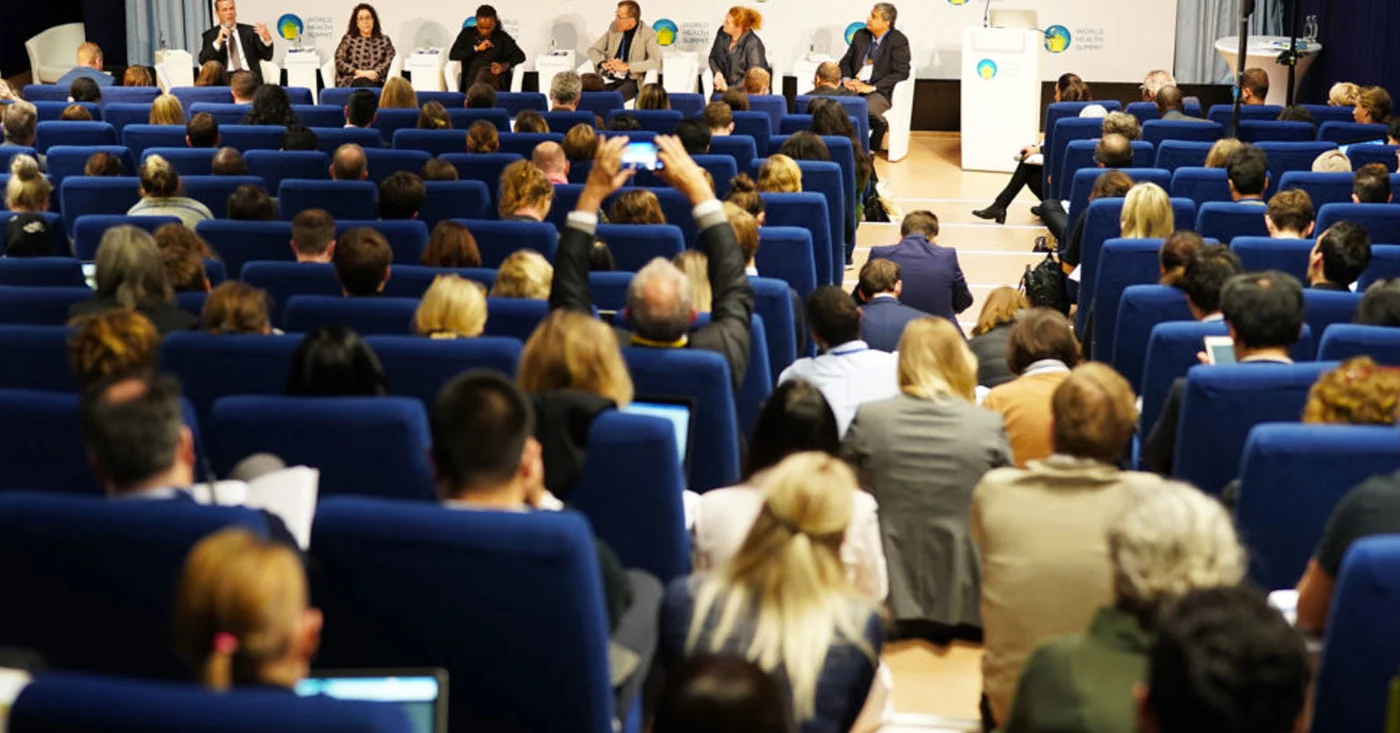They were joined by panelists Marelize Gorgens from the World Bank Group, Dr Joanne Waldstreicher from Johnson & Johnson, and Prof Dr Thomas Wiegand from the Fraunhofer Heinrich Hertz Institute. Foundation Botnar and the Secretariat of The Lancet and Financial Times Commission were co-hosts, and the panel was chaired by Dr Stefan Germann of Fondation Botnar.
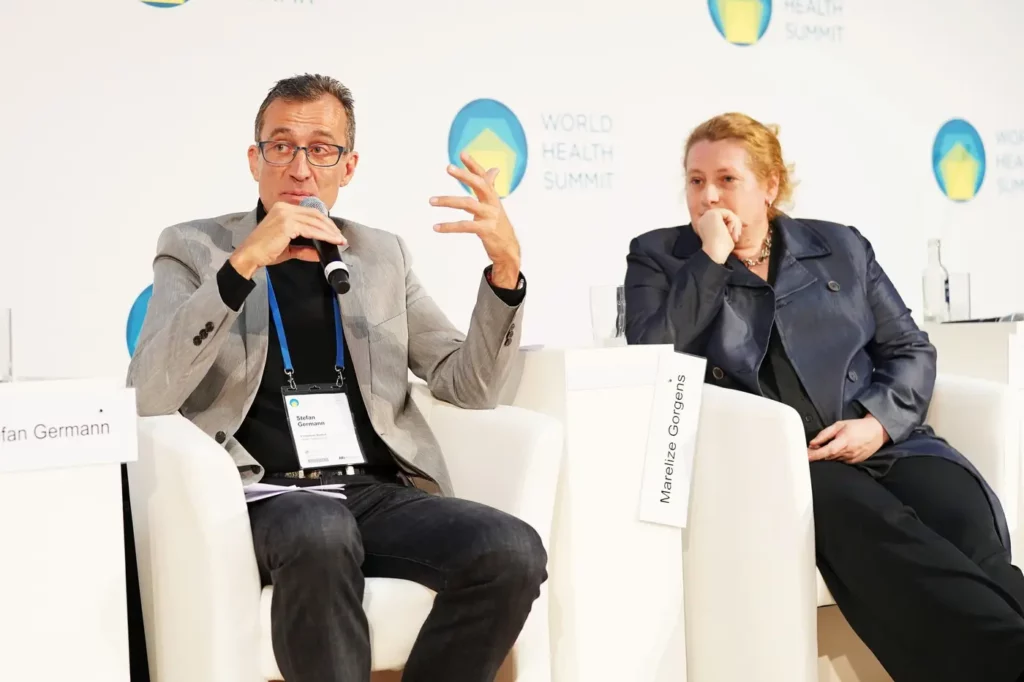
Panelists were brought together to explore the unprecedented opportunities for public health potentially brought about by the current and future convergence of big health data, from personal, clinical, and environmental sources, combined with artificial intelligence (AI). New technologies are emerging and converging to create a new infrastructure that acts as a central nervous system of the global community, allowing data to be shared instantly across regions, borders, and oceans. Pooling and sharing this data have the potential to reduce the barriers to accessing diagnostics and care, making it available to all. Concerted action could enable a whole new health data ecosystem as part of the digital revolution for global public good. Ignoring this opportunity could risk self-interested groups taking advantage and using this data for commercial gain, and in the worst case, for malicious purposes. At the core of global public goods is a commitment to do no harm, a point raised by both Sambuli and Gorgens during the session.
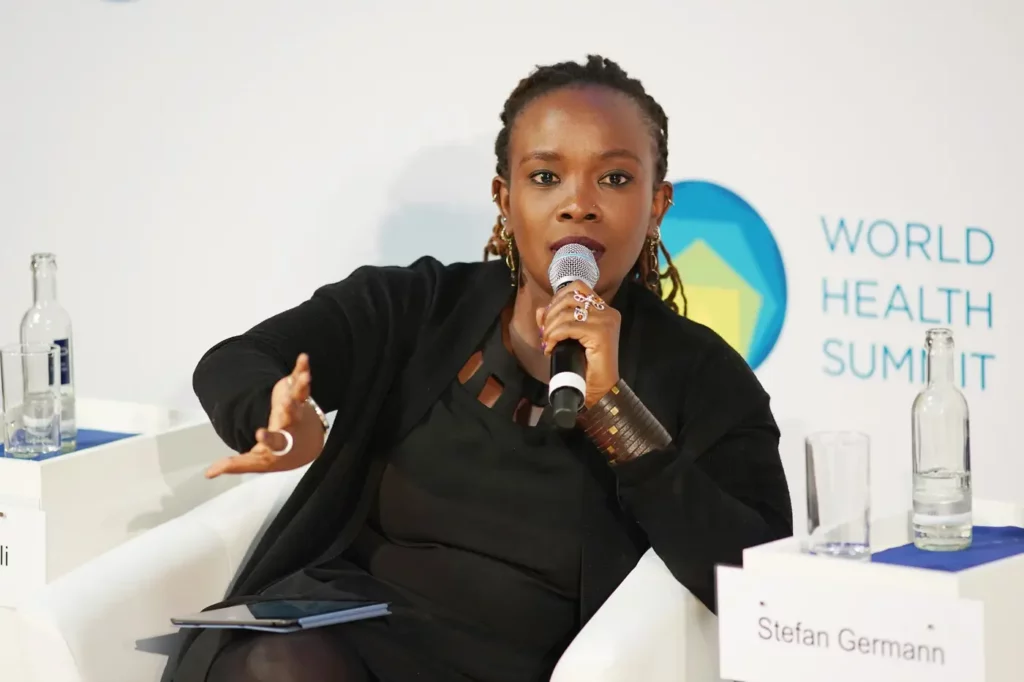
Ultimately, while there is a significant opportunity to leverage AI and health data for global health, especially in low- and middle-income countries, nothing is guaranteed unless we create the needed global regulatory environment for health data to become a global public good. This session explored the opportunities, as well as the critical challenges, that donors, governments and development partners face when implementing initiatives where they are collecting valuable data. In a completely full session, the audience was encouraged to begin thinking about how to find solutions at different levels to urgently coordinate action in the move toward health data becoming a global public good, and what regulation, nationally and internationally, may be required to safeguard this data.
